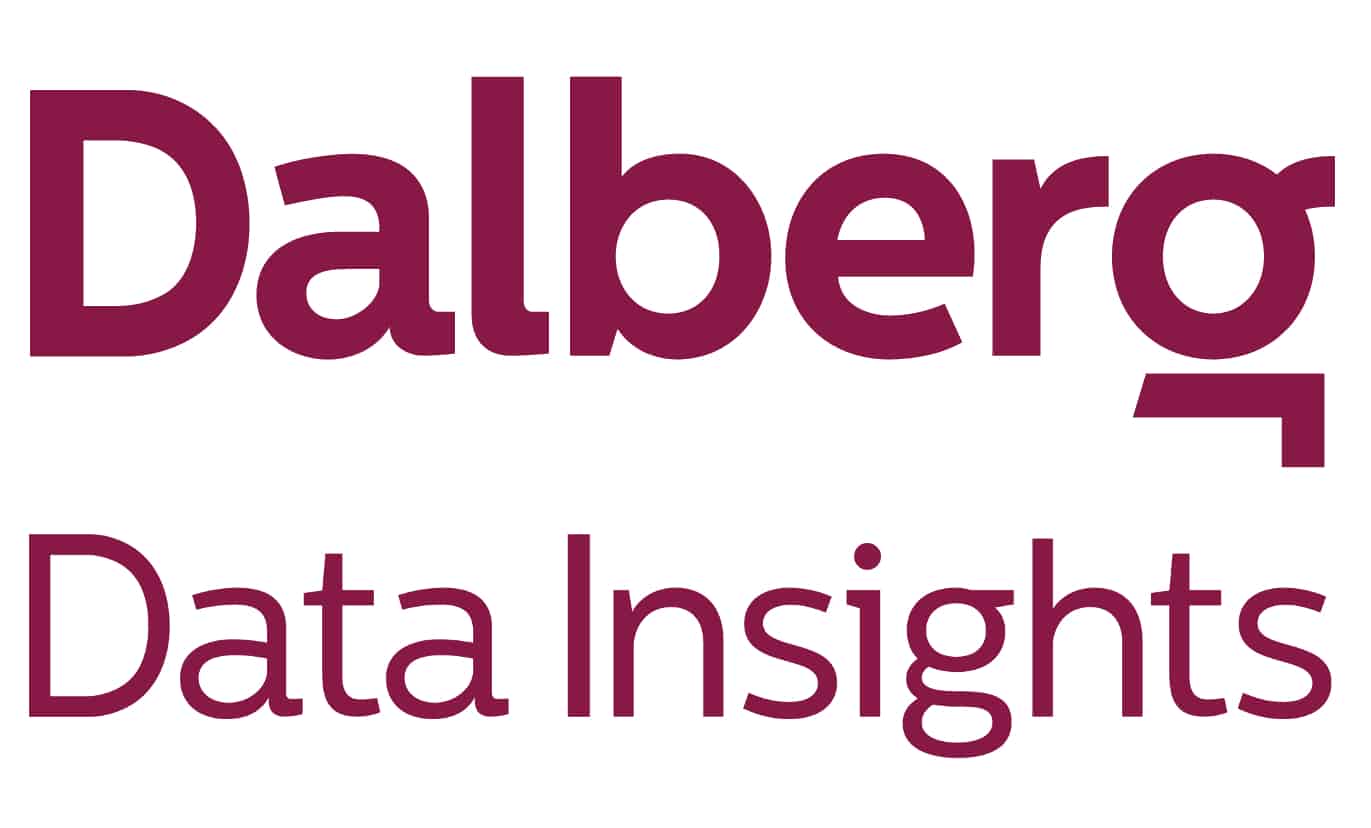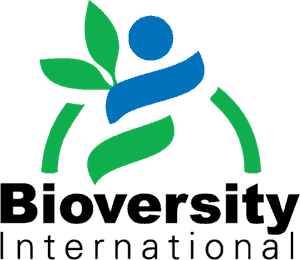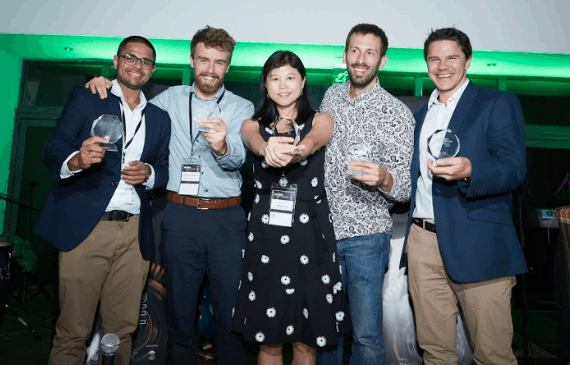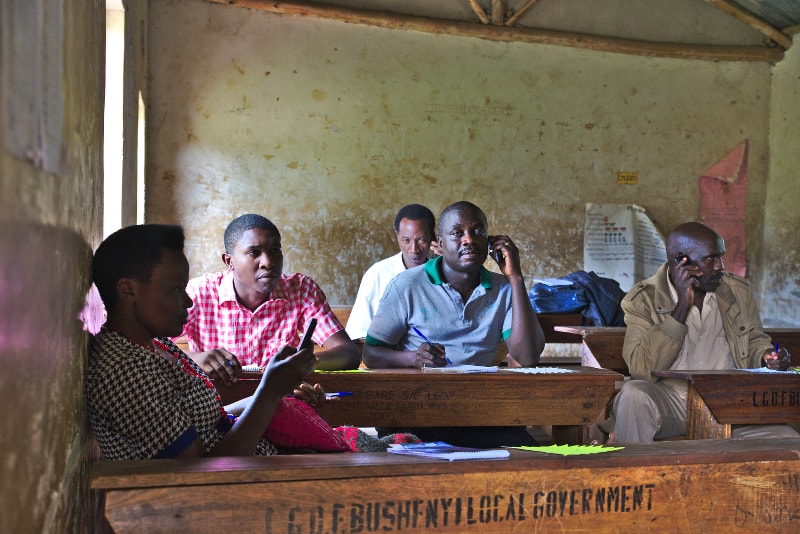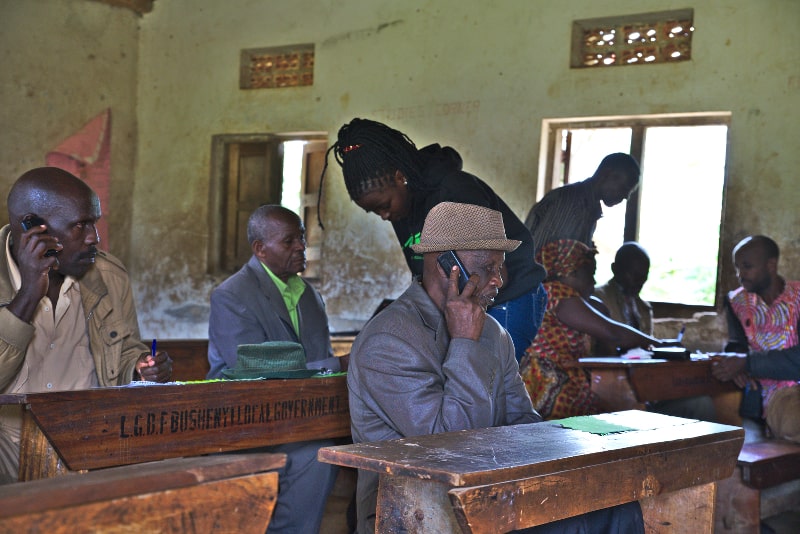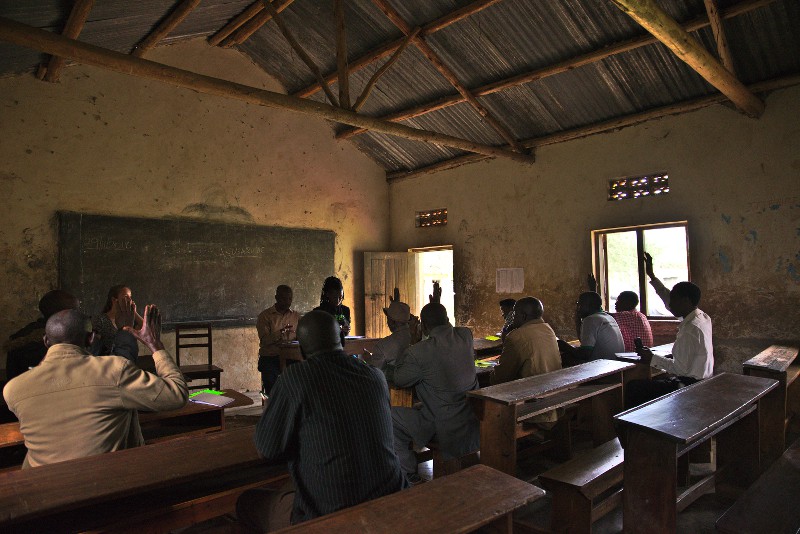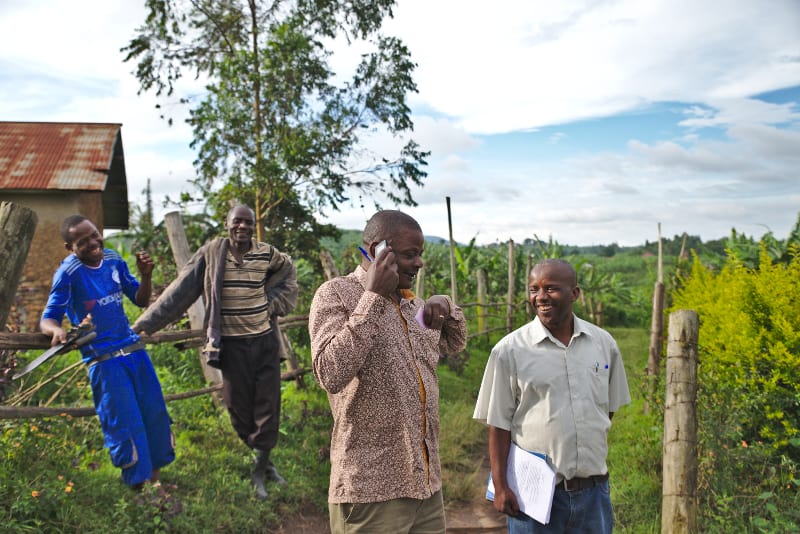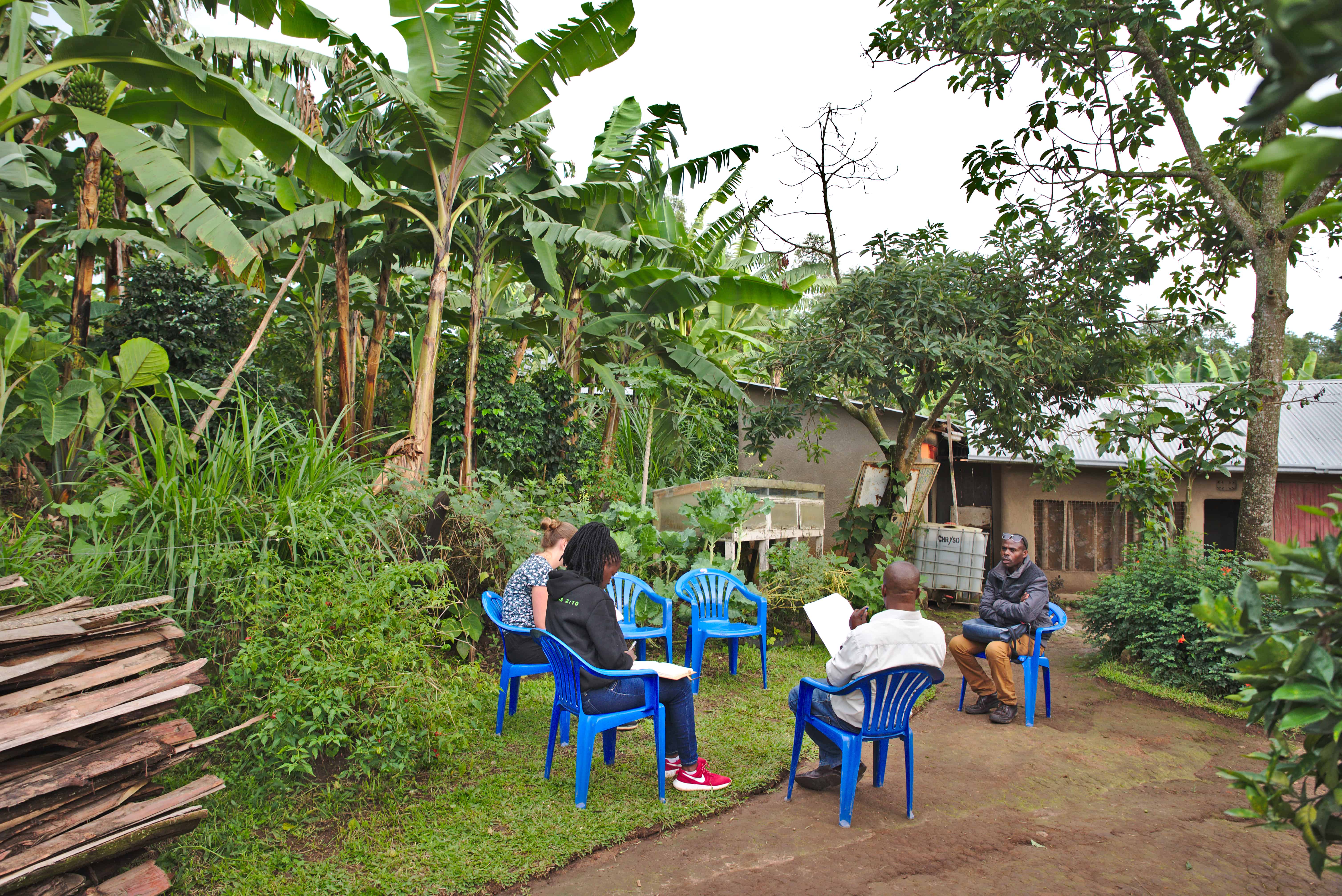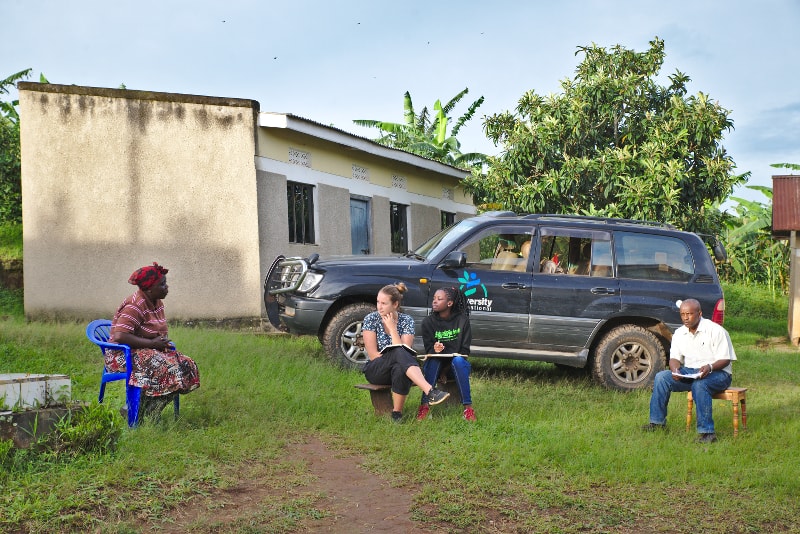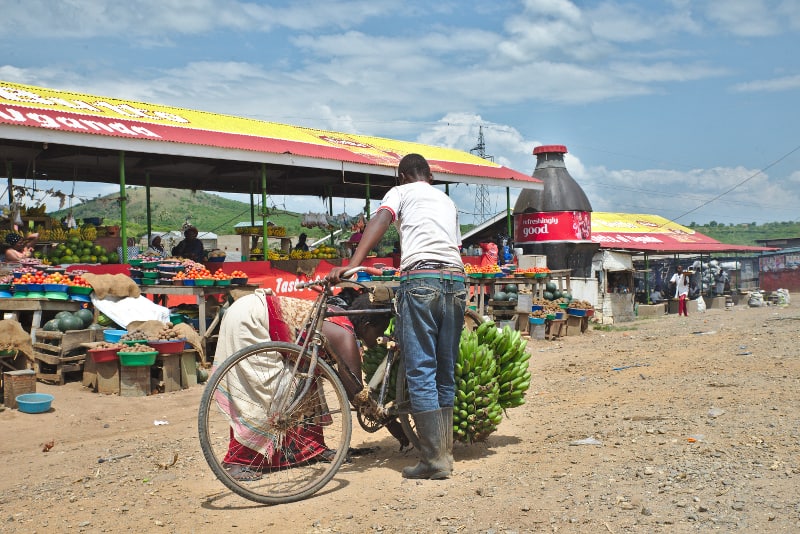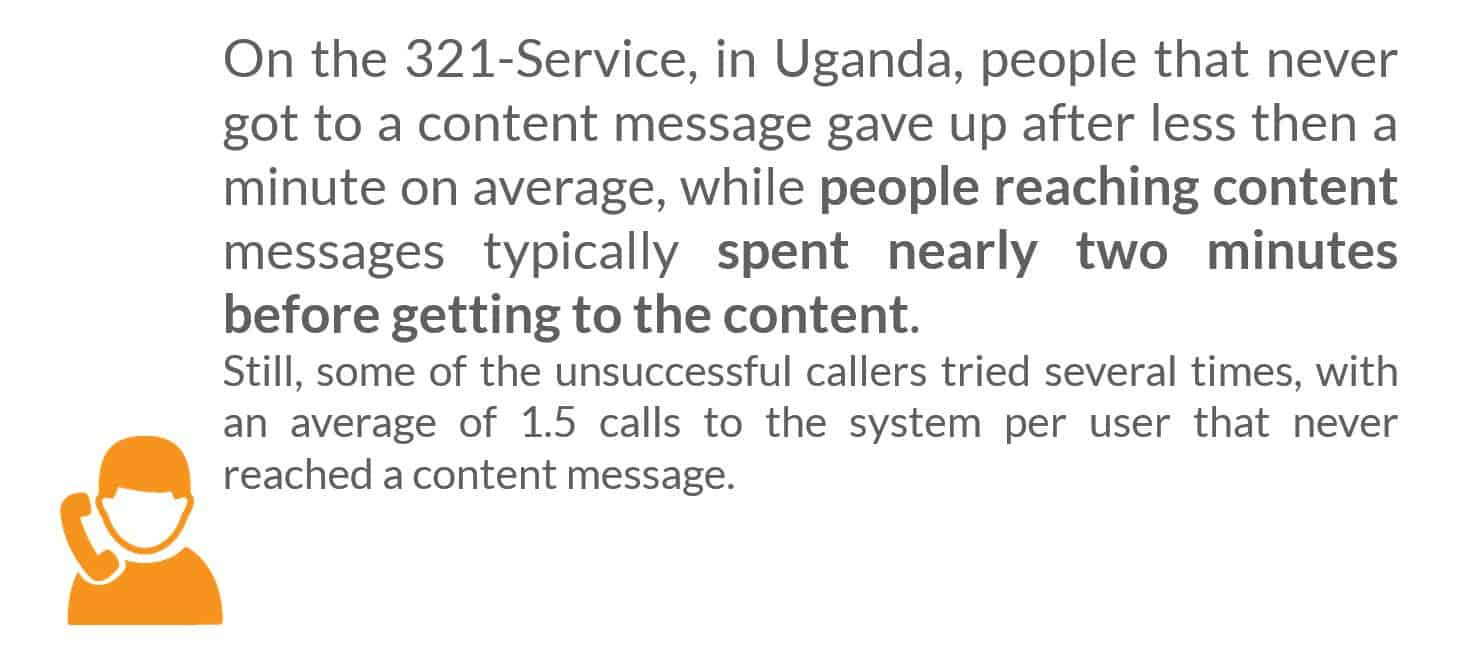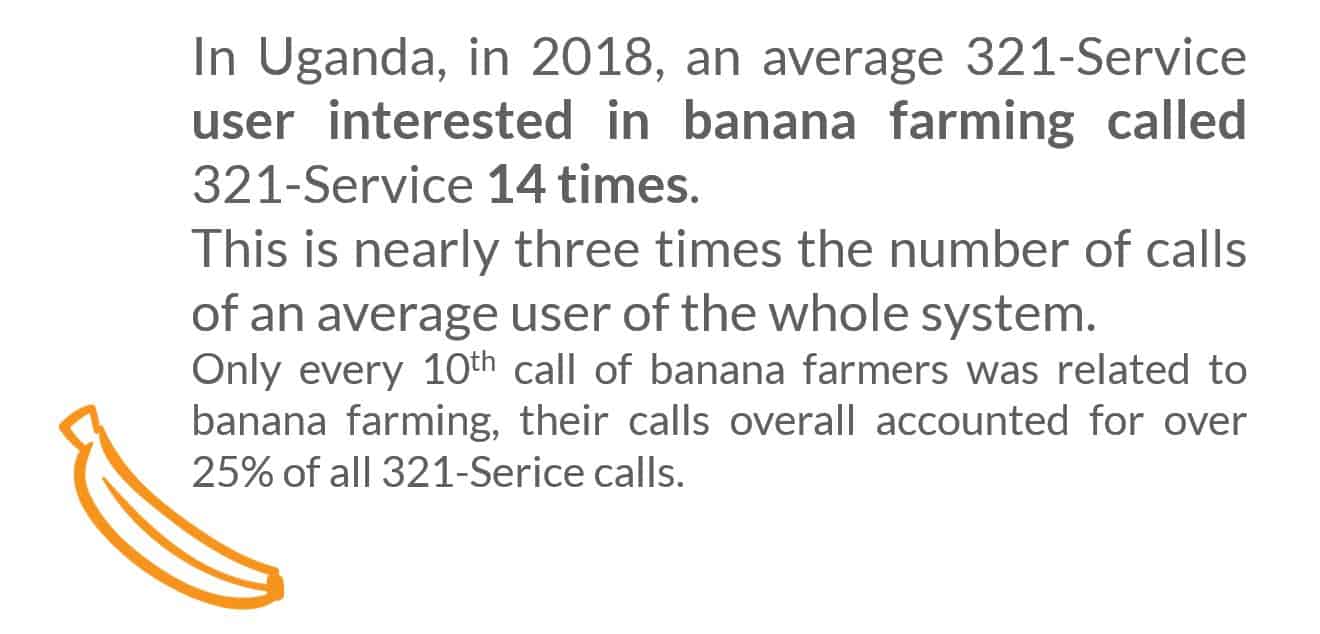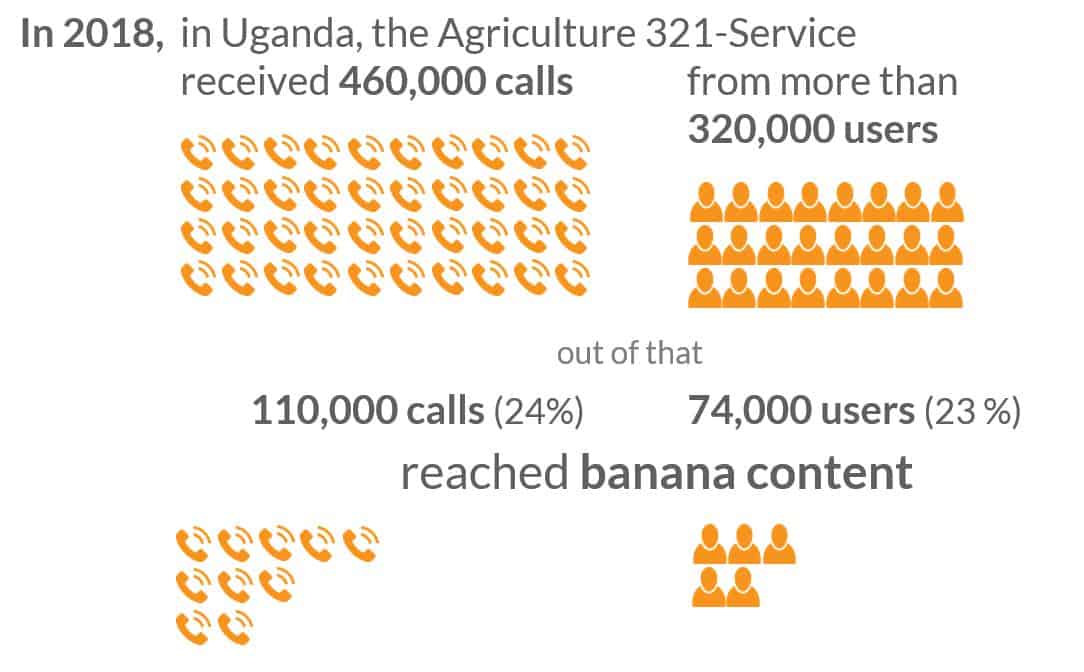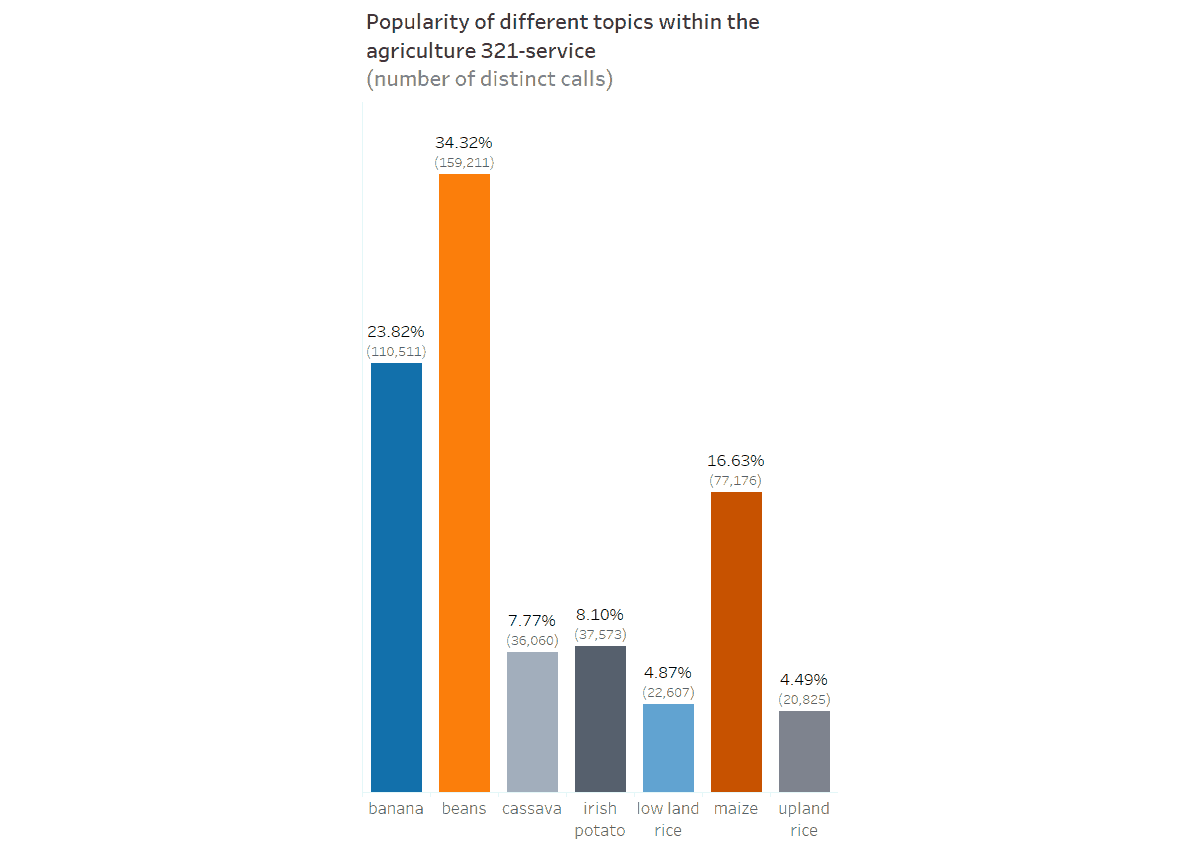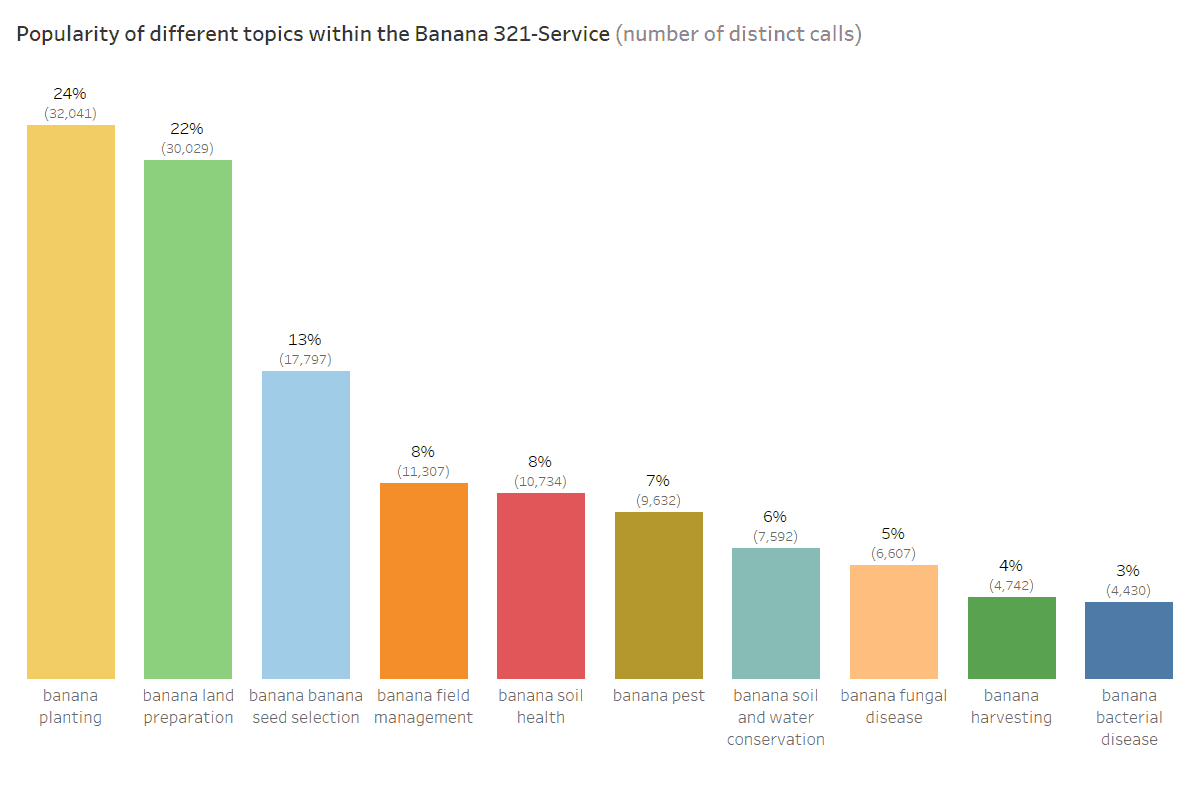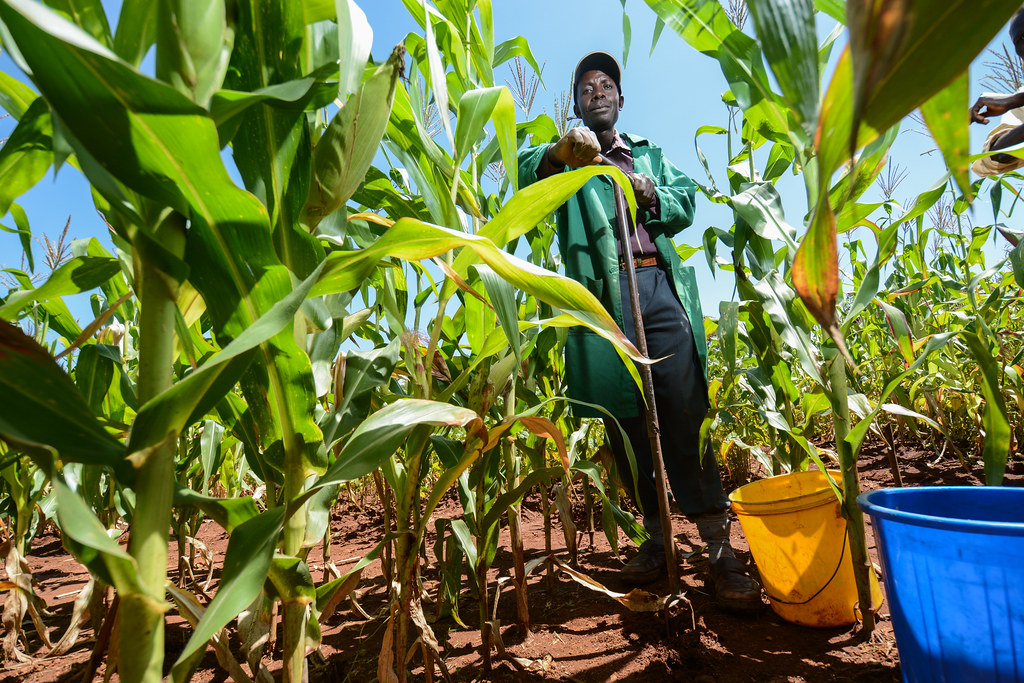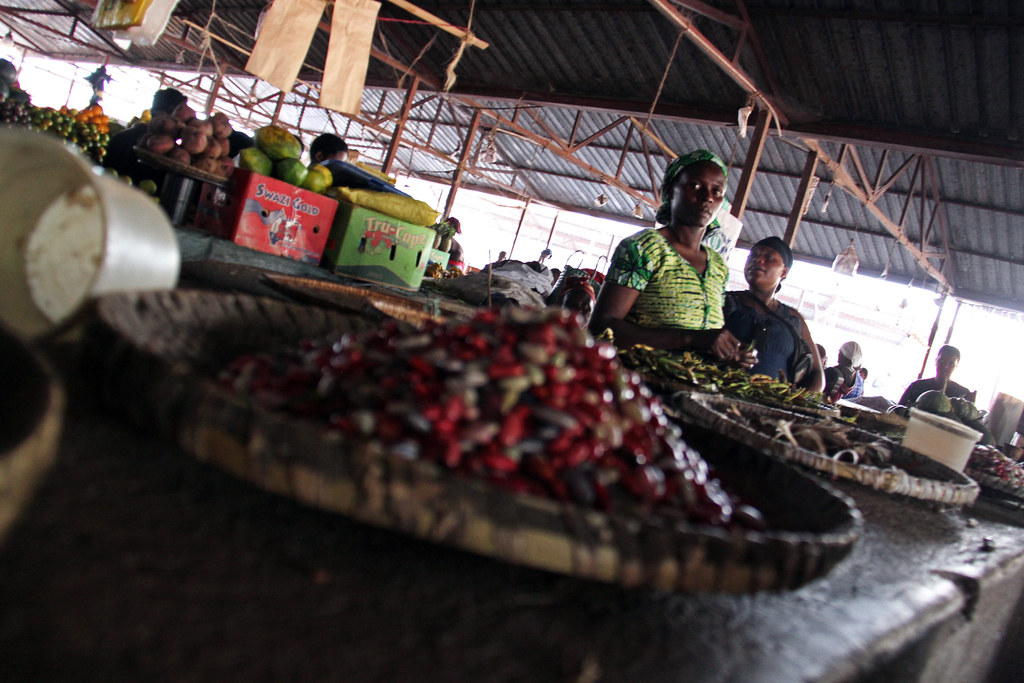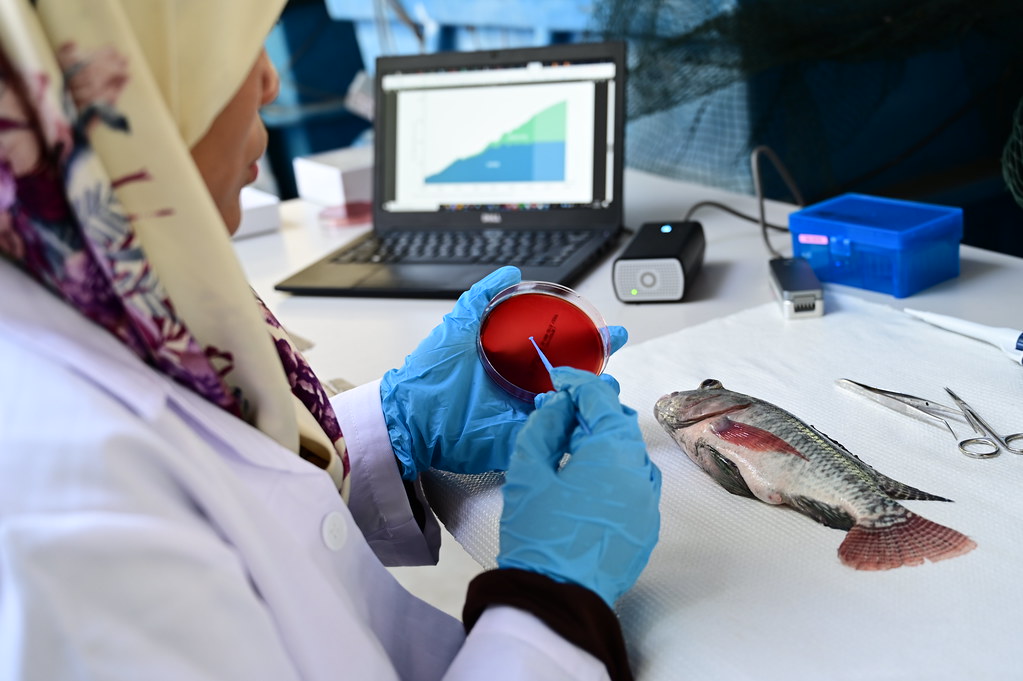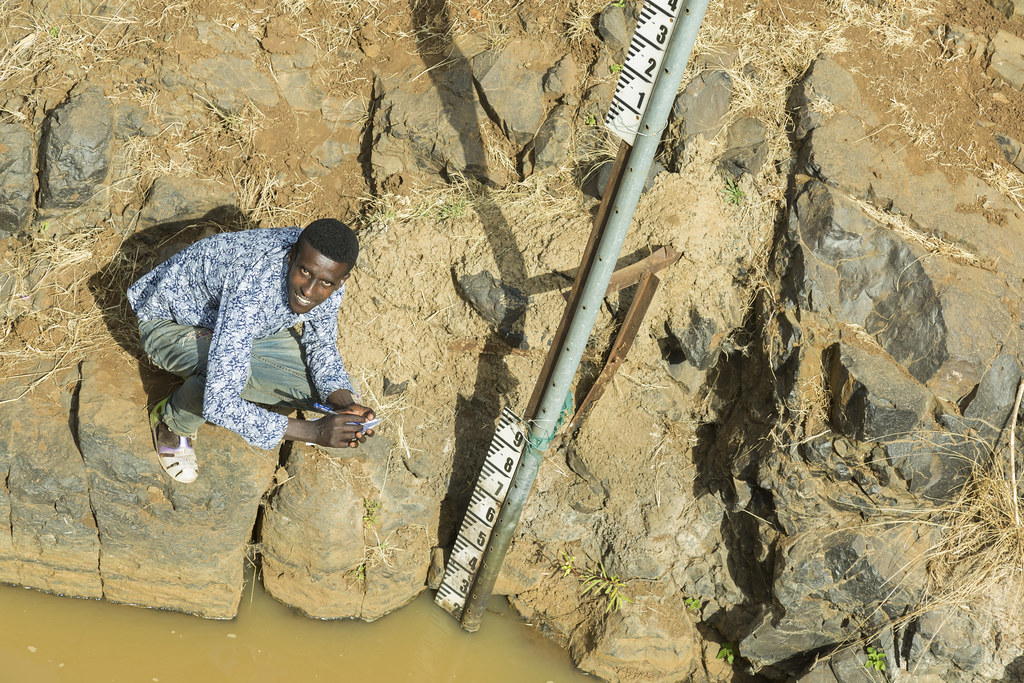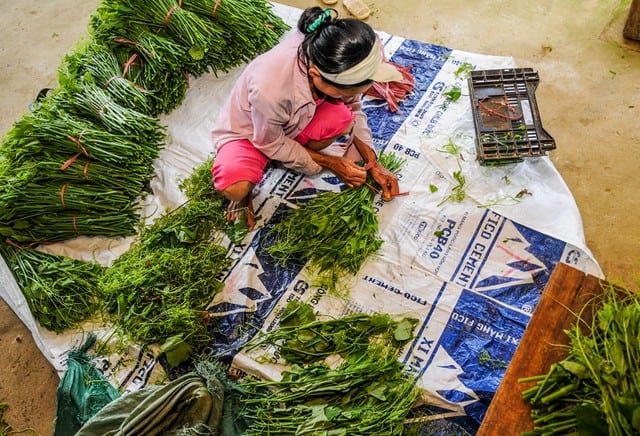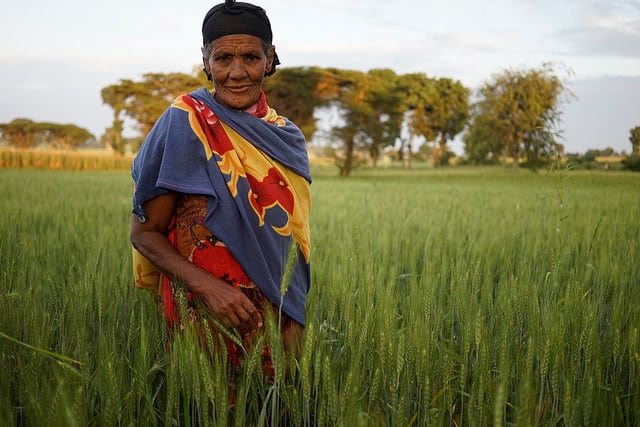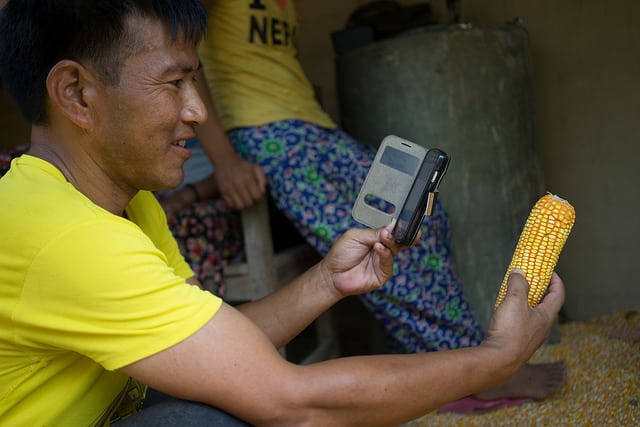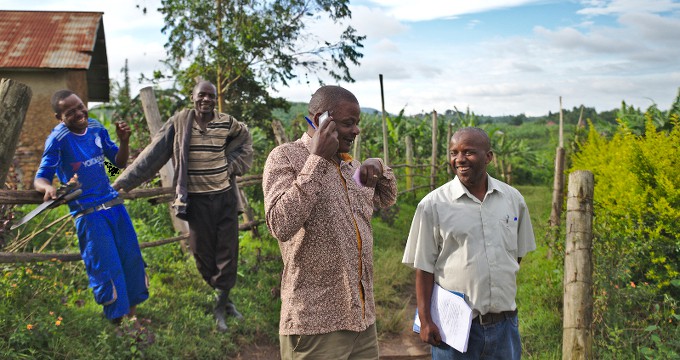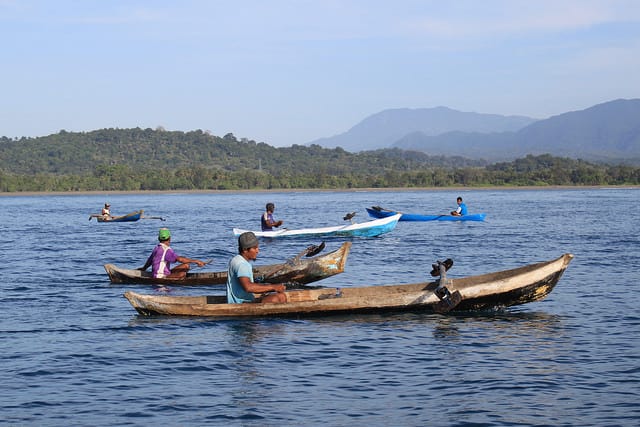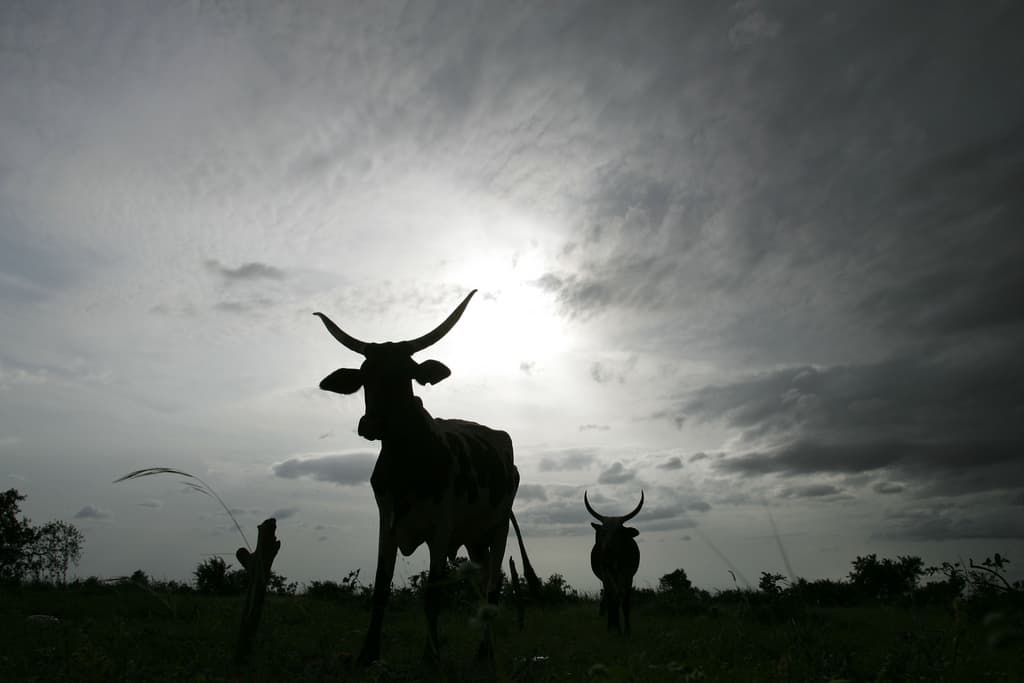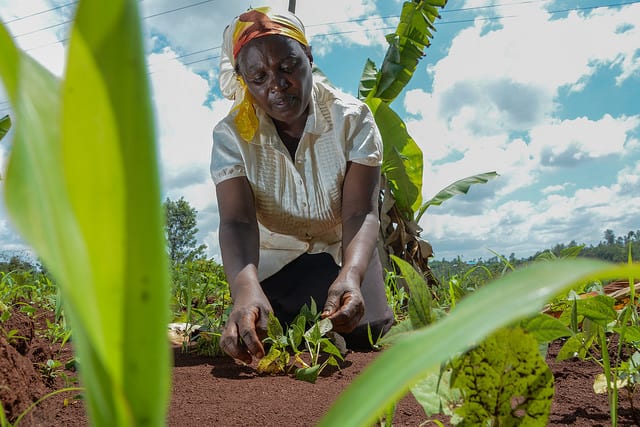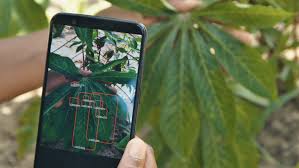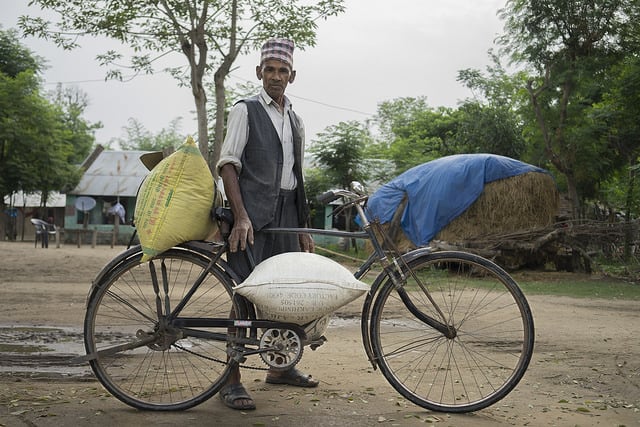2018 Winner
CubicA, the New Farmer Advisory App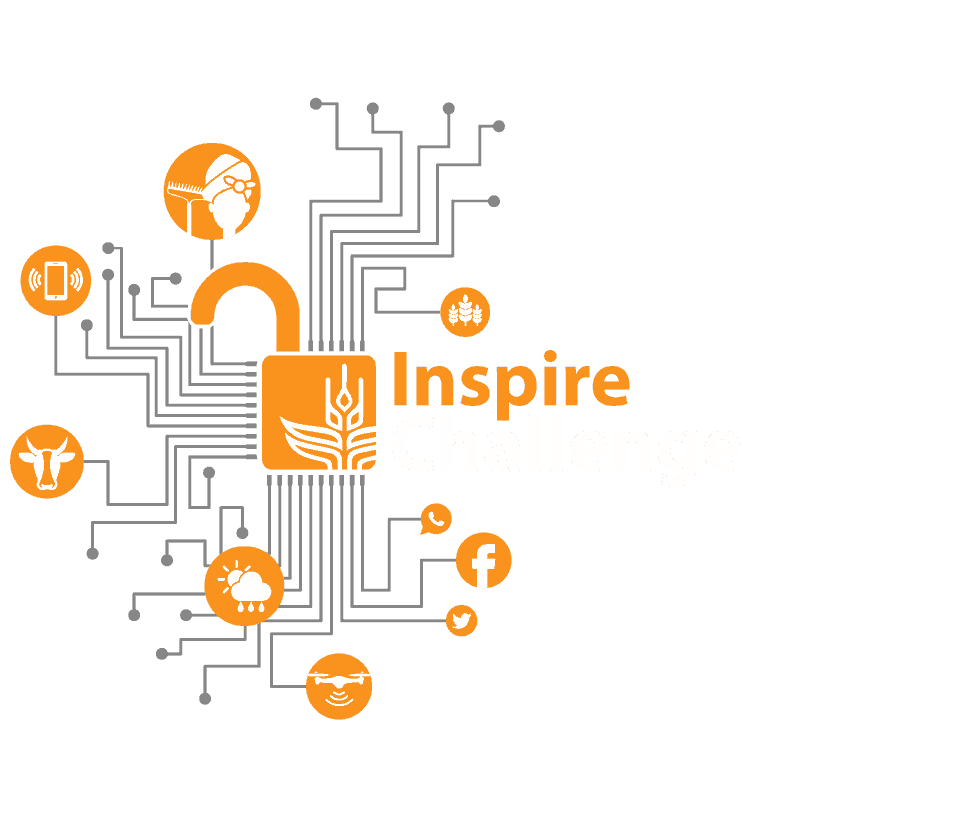
The Inspire Challenge is an initiative to challenge partners, universities, and others to use CGIAR data to create innovative pilot projects that will scale. We look for novel approaches that democratize data-driven insights to inform local, national, regional, and global policies and applications in agriculture and food security in real time; helping people–especially smallholder farmers and producers–to lead happier and healthier lives.
This proposal was selected as a 2018 winner, with the team receiving 100,000 USD to put their ideas into practice.
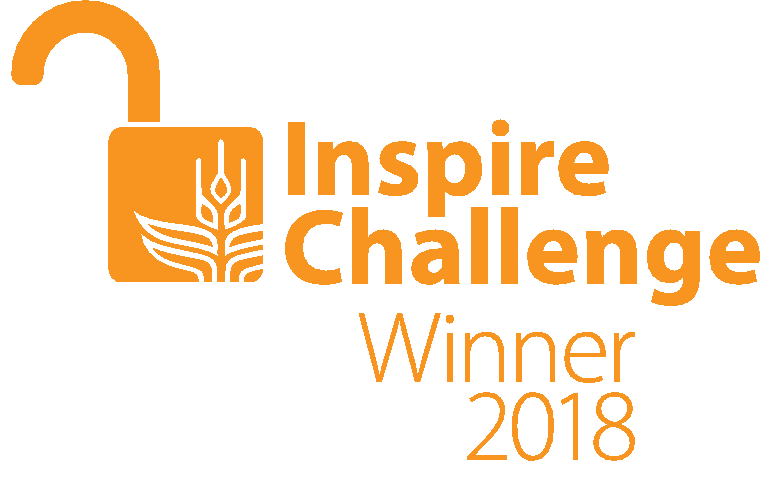
CubicA, the New Farmer Advisory App
CubicA is an innovative Agriculture Advisory App which intends to bridge the smallholder farmers’ information gap. It works like a search engine which doesn’t require internet connectivity, whereby any farmer can simply call a free hotline to get weather and agricultural information anywhere, anytime, in their local language, on any mobile device.
CubicA. The right info. At the right time. To the right farmer.
Through the integration of machine learning and big data, CubicA leverages previous farmer-caller data (customer journey, location, agronomic context as well as their profile including gender) along with satellite images, weather forecasts and other data sources to guarantee to provide that the right information is delivered at the right time to the right farmer.
Furthermore, lack of information remains one of the main barriers to efficiently address gender gaps. Among others applications, CubicA supplies opportunities to women farmers to have better access to information and knowledge, thereby empowering them with greater agency and access to innovation while providing valuable insights to support initiatives addressing the gender gap in the farming system.
To summarize, CubicA addresses a two-fold primary problem; access to information and valuable insights collection for/of underserved minorities. By addressing them, CubicA initiates tremendous opportunities to leverage local economy and granting access to innovation.
CubicA aims to be scaled up to different geographical zones over the coming years, starting with Uganda for the pilot.
Team
Christophe Bocquet | Email
Project Manager, Dalberg Data Insights
Astrid Van Lierde | Email
Global Strategist, Dalberg Data Insights
Frederic Pivetta | Email
Managing Partner, Dalberg Data Insights
Lucio Melito | Email
Data Scientist and Machine Learning Lead, Dalberg Data Insights
Leah Newman | Email
3-2-1 Product Director, Viamo
Jamie Arkin | Email
Country Manager – Uganda, Viamo
Vincent Johnson | Email
Project officer, Bioversity – France
William Tinzaara | Email
Researcher and Banana Farming Systems Expert, Bioversity – Uganda
Project Partners
Dalberg leads the project, communication, and coordination of the different parties and designs and develops the data science dimension of the project.
Viamo provides access to an existing IVR system and IVR data and implements the technical solutions in the IVR system.
Step by step
US$100K grant
The project was one of five winners of the Inspire Challenge 2018 and was awarded US$100K at the second annual convention of the CGIAR Platform for Big Data in Agriculture, 3-5 October 2018.
Field-level human-centered workshops and surveys with farmers and Viamo users
The purpose of this phase was to:
- better understand Uganda banana farmers’ needs, especially in terms of information access
- collect direct feedback from farmers who had never used an IVR system like Viamo 321-Service
- gather direct feedback from active users of the current Viamo 321-Service
In first place, about 20 active users of the Viamo 321-Service have been interviewed through phone calls.
Then, Bioversity, Dalberg Data Insights and Viamo went to Bushenyi district to meet farmers in the format of focus groups and in-person interviews.
Why Bushenyi district?
The Bushenyi district was selected by Bioversity because it is the closest region to Kampala where banana cropping systems are representative of Uganda as a whole. Bioversity also benefits from an existing network of partners in Bushenyi which allowed the team to organize four focus groups with about 40 farmers, as well as 10 in-person interviews with banana farmers, extension officers, and agronomists.
What did we learn?
Some insights from our meetings with the farmers include:
- Banana farming is their main source of livelihood.
- All surveyed farmers grow bananas for sale and home consumption.
- The biggest constraints are diseases and low soil fertility.
- Bacterial wilt and banana weevils are the most common diseases.
- The majority of the farmers mainly use the extension worker for any information on farming.
- Each surveyed household owns at least one mobile phone which is mainly used for making and receiving calls.
Focus group results →
Individual interviews results →
Phone surveys results →
Building the backend infrastructure & database centralizing the different data sources
From a technical perspective, the team started the project by:
- Creating accesses to Viamo’s databases for Dalberg Data Insights;
- Connecting and leveraging open sources data repositories.
These data sources will feed the machine learning system helping it to better understand users’ needs and wants.
Making Viamo’s existing IVR service more dynamic and customized
The team developed the recommender system that will make Viamo’s existing IVR service more dynamic over time and customized to different users’ needs.
The development of the recommender system is the cornerstone of the project’s technical aspect. More than a million users that have interacted with Viamo’s IVR system since its inception, so there is an abundance of data that can be used to infer people’s needs and wants.
The team’s work focuses on two main lines of inquiry: classical latent factor models augmented by contextual data and neural networks that are particularly apt at dealing with sequential instructions.
- The former models try to learn lower-dimensional embeddings of people’s preferences, inferred from the implicit feedback they have provided, by listening to a particular message among the choices with which they were presented. The models can be enhanced by including information not normally available in their standard representation, such as the weather their region experienced at the time or machine-understandable representations of the text users listened to.
- On the other hand, deep recurrent neural networks are perfect at capturing temporal characteristics implicit in the data (i.e. in its simplest form message A always being listened after message B). They are also ideal for scenarios that might require repeat recommendations.
The testing of these models was accompanied by the use of relevant evaluation metrics (e.g. precision at K, reciprocal rank, etc.) and ablation studies aimed at understanding the contribution of each component to the final predictions.
Preliminary exploratory analysis
Here is a set of preliminary exploratory analysis based on the Viamo 321-Service users’ journeys in Uganda (work in progress).
→ Please visit CubicA GitHub Repository to find all the algorithms and codes developed in the context of the project (work in progress).
Centralizing relevant information and data sources
The team integrated Bioversity’s information and data sources on Uganda banana cropping systems.
Implementation of the recommender system in the backend of the Viamo Uganda 321-Service
This phase has been the cornerstone of the integration between the Dalberg-Viamo-Bioversity consortium’s parties. The team combined each partner’s respective skills, knowledge, and assets to offer CubicA to Ugandans live.
This project phase required a strong technical collaboration between Viamo and Dalberg Data Insights teams. Viamo had to integrate the output of the recommender system developed by Dalberg in order to provide a more personalized and dynamic content to Viamo’s IVR users.
The team also learned that the current Viamo IVR system is too small to focus on banana farming, alone, if the project is to properly leverage the recommender system. So, the team decided to go live on the full scale of the system across all crops covered by the menu.
Testing phase: CubicA is offered to 3000 farmers in Uganda in order to test the new service
The testing phase consists of three rounds of integration of the output of the recommender system in the backend of Viamo’s IVR system. Due to this integration, CubicA has been offered to 1000 users during each of the three rounds.
Each round of testing is defined by its own version of the recommender system used in the backend:
- In the first round, CubicA offered IVR messages based on a simple recommender system.
- In the second round, CubicA’s recommender system integrated contextual information (e.g. time of the day) in order to improve the predictions and offer more relevant IVR messages.
- In the last round, the team deployed the full blast CubicA with a recommender system made of a much more complex deep learning model which can better spot patterns in the previous user-journeys logs.
Evaluation phase
The evaluation phase primarily consists of exploratory data analysis—comparing the usage of CubicA with the usage of the standard Viamo IVR system.
The team will look at the user-journeys of the 3000 people that accessed CubicA with the new recommended messages and compare them with the user-journeys of those that accessed the simple Viamo IVR menu.
This phase aims to understand if CubicA is significantly adding value to the system by giving access to more relevant information in a more user-friendly way.
What's next?
- Pilot delivery and deployment on GitHub
- Draft and design of the scale-up and sustainability plans
Stay tuned for more updates!
Project News and Resources
Coming Soon
Meet all the Winners

